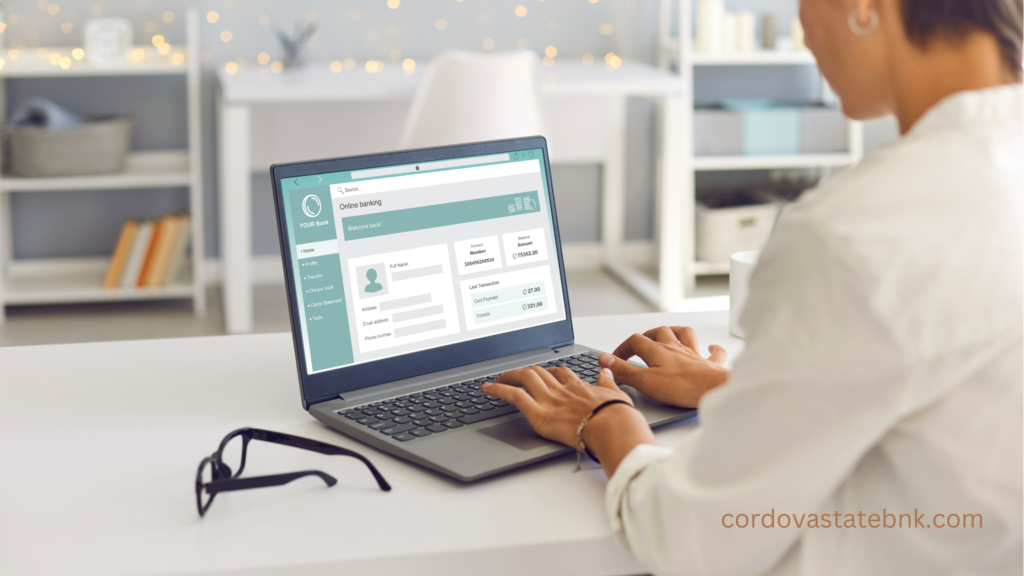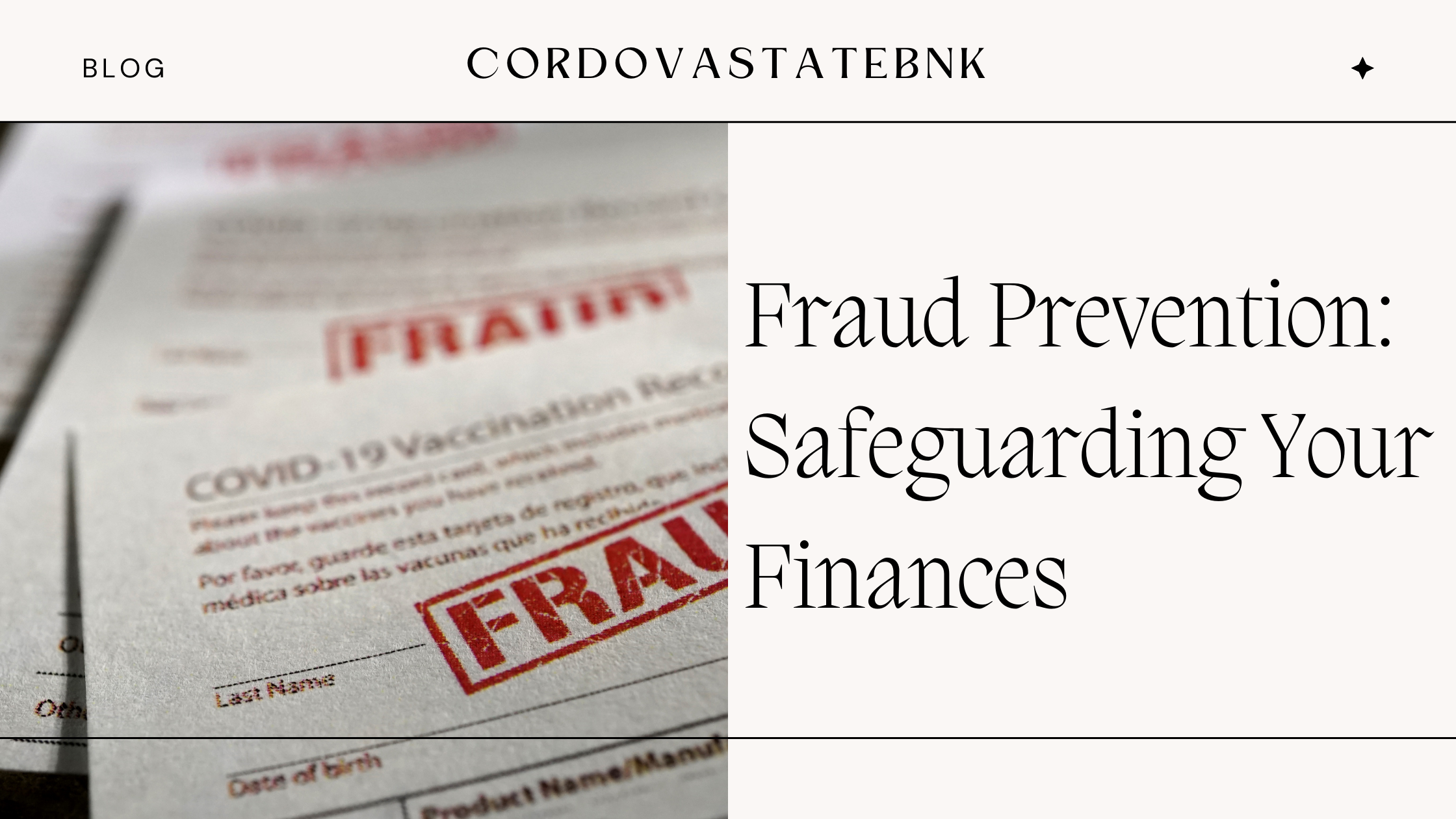In an era of digital transactions and interconnected finances, safeguarding against fraud is paramount. This guide aims to educate readers on common financial scams, preventive measures, the importance of regular account monitoring, securing personal information, recognizing phishing attempts, and staying vigilant against identity theft.
Common Financial Scams: Awareness is Key
1. Phishing Scams:
- What to Look For: Be wary of unsolicited emails, messages, or calls asking for personal or financial information.
- Preventive Measure: Verify the legitimacy of the request by contacting the institution directly using official contact details.
2. Identity Theft:
- How It Happens: Thieves use stolen personal information to commit fraud, open accounts, or make unauthorized purchases.
- Preventive Measure: Regularly monitor your credit reports and set up alerts for any suspicious activity.
3. Investment Fraud:
- Warning Signs: Unsolicited investment opportunities promising high returns with little risk.
- Preventive Measure: Research investment opportunities thoroughly and be skeptical of deals that seem too good to be true.
Account Monitoring: Regular Checks for Early Detection

1. Review Statements Promptly:
- Importance: Regularly check bank statements, credit card statements, and investment account transactions for any discrepancies.
- Preventive Measure: Set up account alerts for large transactions or withdrawals.
2. Credit Reports:
- Why It Matters: Credit reports provide a comprehensive view of your financial history.
- Preventive Measure: Obtain free annual credit reports and monitor for unauthorized accounts or changes.
3. Use Account Alerts:
- How It Helps: Receive instant notifications for account activities, enhancing your ability to detect and respond to suspicious transactions promptly.
- Preventive Measure: Set up alerts for transactions, login attempts, and changes to account information.
Securing Personal Information: The Frontline Defense
1. Protect Personal Documents:
- Preventive Measure: Safeguard important documents such as passports, Social Security cards, and financial statements in a secure location.
- Tip: Shred documents with sensitive information before disposal.
2. Use Strong Passwords:
- Best Practices: Create unique, strong passwords for each online account.
- Preventive Measure: Regularly update passwords and avoid using easily guessable information.
3. Be Cautious with Social Media:
- Why It Matters: Personal information shared on social media can be used by fraudsters.
- Preventive Measure: Limit the sharing of personal details and adjust privacy settings.
Recognizing Phishing Attempts: Stay Informed

1. Verify Sender Information:
- What to Check: Examine email addresses and verify the legitimacy of the sender.
- Preventive Measure: Do not click on links or provide personal information unless you are certain of the sender’s authenticity.
2. Beware of Urgency:
- Red Flag: Urgent messages pressuring you to act quickly.
- Preventive Measure: Take time to verify the legitimacy of the request before responding.
3. Check Website Security:
- How to Verify: Look for “https://” in the website URL and check for security symbols.
- Preventive Measure: Avoid entering personal information on unsecured websites.
In conclusion, safeguarding your finances requires a combination of awareness, vigilance, and proactive measures. Educate yourself on common financial scams, regularly monitor your accounts, secure personal information, and stay informed about phishing attempts. By adopting these preventive measures, you empower yourself to navigate the digital landscape with confidence, ensuring your financial well-being is protected against potential threats.


Leave A Comment